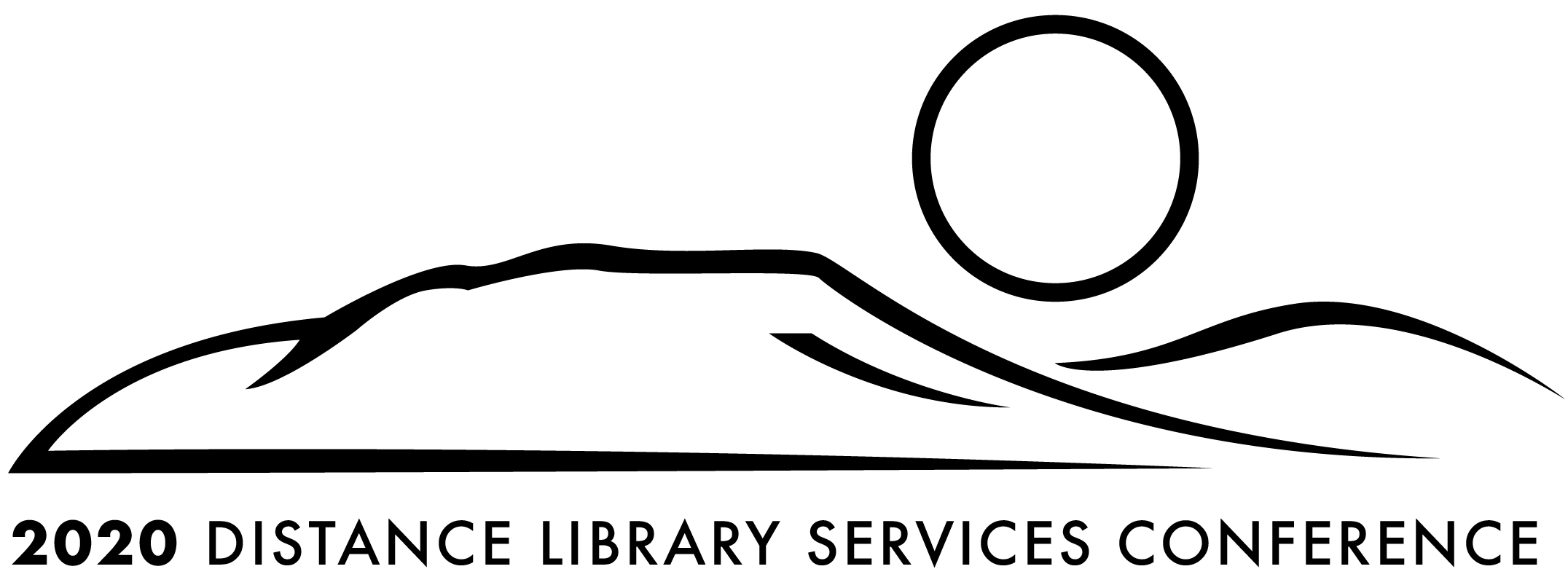Information needs and challenges of practicing engineers in online courses
Session Format
In-person Poster
Conference Tracks
Research Design and Planning
Short Description
The number of post-secondary students in the United States taking at least one online course has been increasing by 25% from 2012 to 2016. This study explores how libraries can enhance information literacy in online engineering master’s programs. The information professionals from Purdue Libraries worked with Purdue Online Learning, College of Engineering, to conduct a survey. The findings are comprised of two parts: 1) the information needs and self-efficacy of practicing engineers using information for a research/design assignment in online courses and 2) the challenges using information of practicing engineers in online courses.
Long Description
The number of post-secondary/college students in the United States taking at least one online course has been increasing by 25% from 2012 to 2016. How does it look like for online master program education? According to Distance Education Enrollment Report 2017, graduate students are twice as likely to take all courses at a distance. More and more higher education institutions now offer online master degrees.
In this study, the information professionals from Purdue Libraries and School of Information Studies have been collaborating with Purdue Online, College of Engineering, to explore how libraries can enhance information literacy in online engineering master’s programs. Purdue Online, College of Engineering at Purdue University main campus has been providing distance-learning solutions for 60 years now since 1957, with outstanding quality programs (ranked No. 5 in US News and World Report 2018 in Online Master’s Engineering program). On average, it takes 2.5 years to complete one engineering master degree.
In spring 2018, the researchers surveyed the practicing engineers in online master courses. 49 students responded. The findings suggest that practicing engineers recognize the importance of many information sources supporting their learning success in online courses. Two most important ones are journals (n=18) and books (n=18). Next are open education resources (n=13) and websites (n=13); followed by specifications and measurements (n=10), technical reports (n=9), and industrial standards (n=7). The respondents also reported the challenges using information in their online courses: information and data acquisition, long time to gather and analyze information, citation management, information sources and content evaluation, technical barriers and lack of training.
Learning Objectives
- Identify the information needs and challenges of practicing engineers using information for a research/design assignment in online courses
- List practices of information literacy integration in online engineering master’s programs
Information needs and challenges of practicing engineers in online courses
The number of post-secondary/college students in the United States taking at least one online course has been increasing by 25% from 2012 to 2016. How does it look like for online master program education? According to Distance Education Enrollment Report 2017, graduate students are twice as likely to take all courses at a distance. More and more higher education institutions now offer online master degrees.
In this study, the information professionals from Purdue Libraries and School of Information Studies have been collaborating with Purdue Online, College of Engineering, to explore how libraries can enhance information literacy in online engineering master’s programs. Purdue Online, College of Engineering at Purdue University main campus has been providing distance-learning solutions for 60 years now since 1957, with outstanding quality programs (ranked No. 5 in US News and World Report 2018 in Online Master’s Engineering program). On average, it takes 2.5 years to complete one engineering master degree.
In spring 2018, the researchers surveyed the practicing engineers in online master courses. 49 students responded. The findings suggest that practicing engineers recognize the importance of many information sources supporting their learning success in online courses. Two most important ones are journals (n=18) and books (n=18). Next are open education resources (n=13) and websites (n=13); followed by specifications and measurements (n=10), technical reports (n=9), and industrial standards (n=7). The respondents also reported the challenges using information in their online courses: information and data acquisition, long time to gather and analyze information, citation management, information sources and content evaluation, technical barriers and lack of training.

